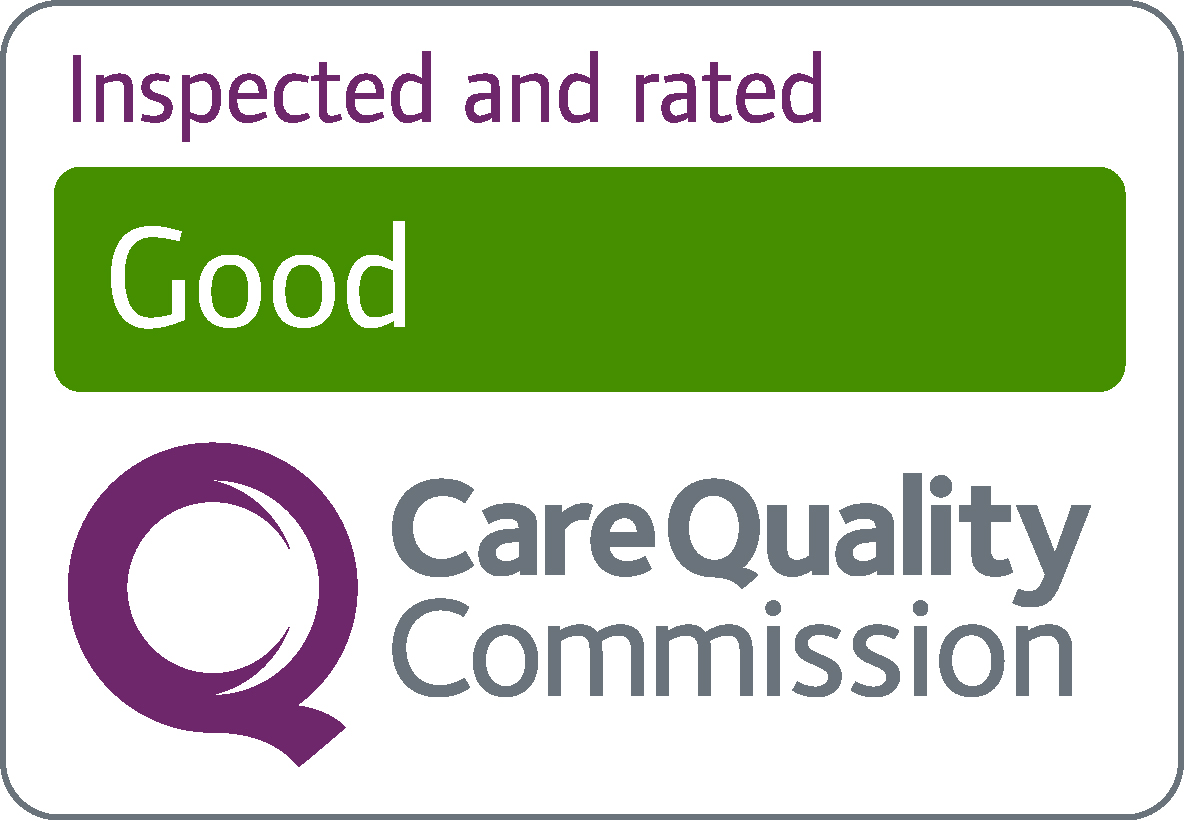The nursing staff group are on of largest workforce within the NHS. Similarly, across RWT we employ around 3,500 amazing individuals in nursing roles are the beating heart of our Trust. They who deliver outstanding patient care on daily basis. No matter the role, or band, everyone is key member of the team and contributes to the overall patient experience.
Below are the some of the available roles within the nursing profession:
Health Care Assistants
Health Care assistants are vital to the organisation; they have the most contact with the patient's and their wellbeing. The role of a Health care assistant involves observing and monitoring the patient's conditions. They also spend time recording and participating in patient care, promoting independence, and supporting daily needs such as personal care, food, and overall reassurance. Furthermore, they play a big part in infection prevention and helping the Nursing Team throughout the day.
Finally, they communicate with patients, relatives and the wider multidisciplinary team daily to ensure the patient's needs are met.
Trainee Nursing Associate
Training Nurse Associates work across four fields of nursing; adult, children, mental health and learning disabilities. The Trainee Nurse associates bridge the gap between Health care assistants and Registered Nurses. They work independently and with others to assess and implement care to patients.
Once qualified, they join the NMC register just like nurses and undertake clinical tasks such as ECGs, observations and venepuncture. In addition, they are involved in supporting patients and families through difficult times.
Once qualified, they can train as a registered nurse via a shortened route of 2 years.
Registered Nurse
Registered Nurses work in a variety of places, and no two days are alike in this profession. The wide variety of registered nurses includes those who work with children, in schools, rehab centres, athletic events, prisons, and acute hospital settings.
They perform tasks from physical examination, assessing the patient, and implementing and evaluating the patient's care. They care for injuries, provide therapeutic intervention and educate consumers and fellow employees about health topics. They interpret patient information such as blood results and fluid balances and plan specific aspects of needed care.
Registered Nurses have excellent communication skills, work as part of the Multidisciplinary team daily, and manage anything from acute conditions to long-term illnesses and palliative patients.
Sister / Charge Nurse
Sisters and Charge Nurses take overall responsibility for the running of the unit and standards of care. During their shift, they will lead the team and ensure high standards of care; they can also be involved in assisting with procedures and leading emergencies. Some sisters undertake extra training such as advanced life support, male catheterisation and health assessment. They are the critical communicators between staff, multidisciplinary team patients, relatives and senior management.
Alongside this, they are responsible for the development and management of their staff and acting as a support to the senior sister.
Nurse Specialist
Some nurses go from registered nurses to becoming nurse specialists in their area of speciality, for example, in oncology, diabetes, renal services etc. They are involved in optimising patient care, evaluating practices and educating staff and patients on best managing conditions.
Some nurse specialists are also involved in research within their area of work.
Senior Sister / Ward Manager
The senior sister/ ward manager is not only involved in patient-centred care and managing their team effectively, but they are also involved in the strategical developments of the Trust and implementing new changes within their team.
They use their expert knowledge and clinical judgment to lead the ward team and act as a positive role model, maintaining high standards of care. They also manage human resources, financial constraints and hospital visions and values.
They are involved in the roster and absence management of their staff and supporting and encouraging development.
They contribute towards clinical governance and improvement strategies, alongside chairing team incident reviews and conducting investigations into poor standards and behaviour.
Advanced Nurse Practitioner
Advance Nurse Practitioners is a clinically-led route to development from a sister/ clinical nurse specialist. Advanced nurse practitioners can be autonomous practitioners but also work alongside the medical team. Their role involves working at senior levels in their speciality, acute settings and primary care services. They examine, assess, diagnose and treat patients. In addition, most advanced nurse Practitioners have undertaken Non-medical prescribe and prescribe medication and refer patients for examinations such as x-rays etc. Advanced Nurse Practitioners also run emergency clinics, walk-in centre clinics and G.P practice clinics.
Advance Nurse practitioners can become Nurse Consultants involved in performing procedures such as endoscopies, Loop recorder insertions and Paracentesis.
Matron
The Matron is a senior member of the corporate Nursing team. They lead and coordinate trust-wide activities and workstreams concerning quality and safety improvements within the nursing teams. They define scope, plan and manage activities of nursing quality improvements with clear management structures and ensure that processes and systems are in place to deliver safe and effective care to patients consistently.
They are positive role models and highly visible in clinical areas ensuring that high standards are consistent on the floor.

